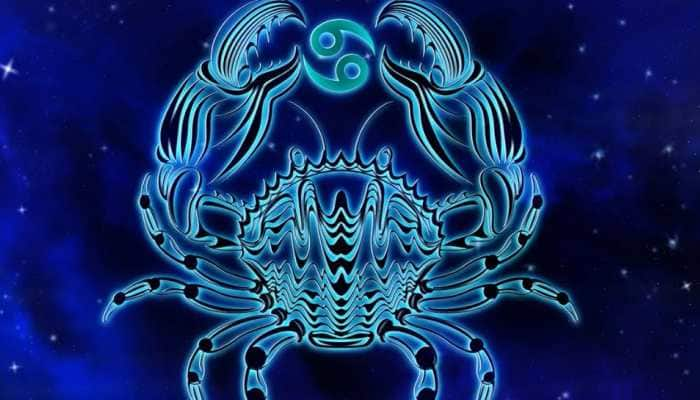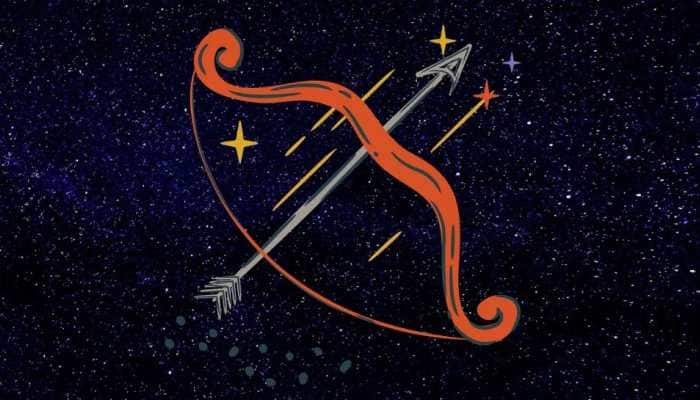Is Imran Khan as Pakistan's next PM bad news for India?
Tacit support from the country's army, suspected sympathy for Taliban and possible focus on Islamisation are some of what lies under Imran Khan's charismatic personality.
Trending Photos
Despite vehement cries of protest from rival parties and leaders, Imran Khan and his Pakistan Tehreek-i-Insaf looks all set to form the next government in the country. PTI carved out a lead for itself and while the majority mark is likely to remain elusive, the cricketer-turned-politician has already claimed victory and has already addressed the nation.
In his 'victory speech', Imran sent a curt message that he should not be portrayed as a 'Bollywood villain' in India and that talks are the best way forward for lasting peace between the two biggest countries of the sub-continent. "I want to thank Allah for giving me this opportunity to serve the nation. Through its ups and downs; I am grateful for being given this chance," he said in the opening part of his speech before talking about the changes and challenges ahead. "As far as India is concerned, I was disappointed with the Indian media and the way they portrayed me in the past few weeks. It felt like I am a Bollywood film villian. I am that Pakistani who has travelled through India because of my cricket. I am saying with conviction that it is important for the subcontinent that our issues are resolved. This can only be done through dialogue."
Imran also termed Kashmir as the 'biggest contention' between Pakistan and India. Without mentioning atrocities committed in Pakistan-occupied-Kashmir, Imran instead said human rights violation have happened for 30 years in Kashmir and blamed India for blaming Pakistan for all problems here.
While the emphasis on dialogue with India is a positive signal, security analysts warn against premature celebrations.
Why?
For starters, Imran at a rally last year, had accused PM Narendra Modi of using pressure tactics in the world community. "He is not a leader, he is no statesman. He is opportunistic and believes he can pressure the world into seeing things his way. Modi has let down people of India and let down people of Pakistan," he had said.
It has also been widely reported and understood that Imran's PTI has had tacit support from the country's all-powerful Army which was not too pleased with the previous government of PML-N under Sharif. And it is also widely agreed that Sharif, in comparison to other leaders in the country, had a more soft approach towards India. It has been suspected for years and years that peace with India is not what the country's military and secret service establishments subscribe too and their support to Imran could mean tensions remain high despite all the talks of dialogue and delivery.
This coupled with Imran's inclination towards Islamism could spell disaster. In fact, many feel that the two biggest lessons Imran learnt after finishing a distant third in the 2013 elections was that Islamism and support from the Army are crucial. These two lessons could indeed have been what has brought him to where he is today. And while the Pakistani Army has always been a bane for India, over-the-top attention towards Islamism also has the possible risk of giving in to extremist elements. After all, Imran himself has said on record that Taliban should be permitted to open offices in Pakistan. He has also called for a stop to drone attacks on Taliban. And the worst possible scenario for India? Imran taking support from extremist elements like Hafiz Saeed's Allah-o-Akbar Tehreek going forward.
There is, therefore, little doubt that for all his vision of peace and prosperity, Imran could just end up as a timid puppet PM in the hands of the country's miliatry and which, in turn, could mean status quo with India - or worse.







)
)
)
)
)
)
)
)
)
)
